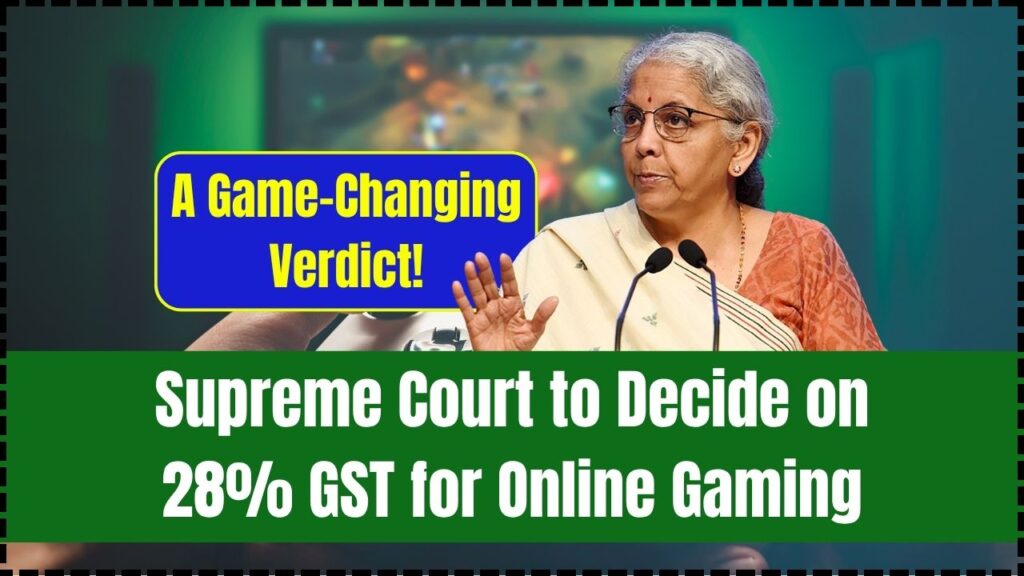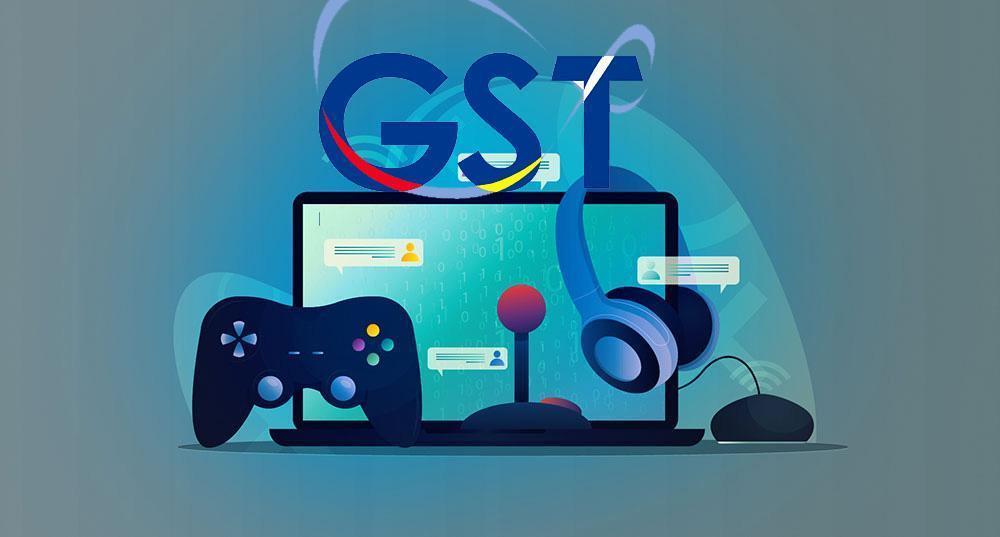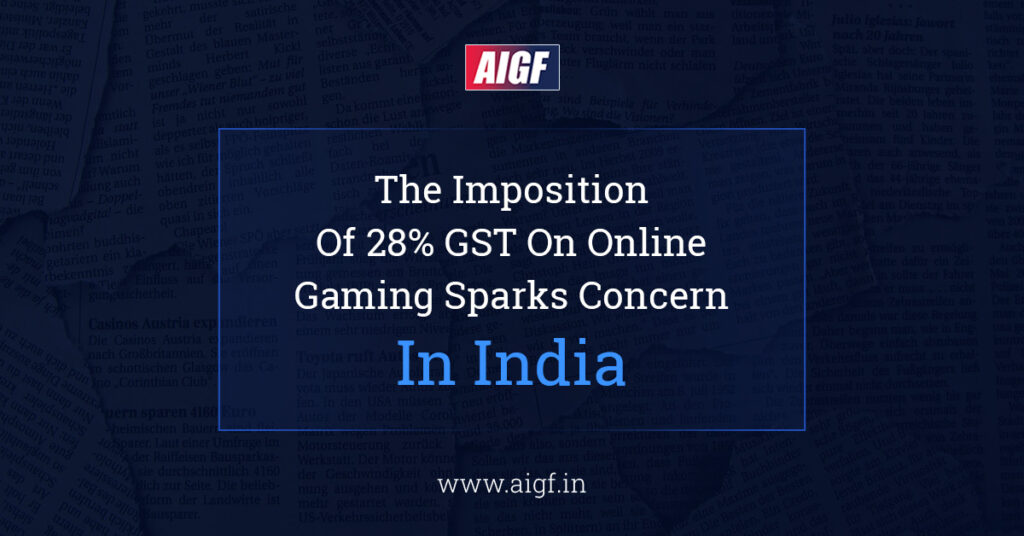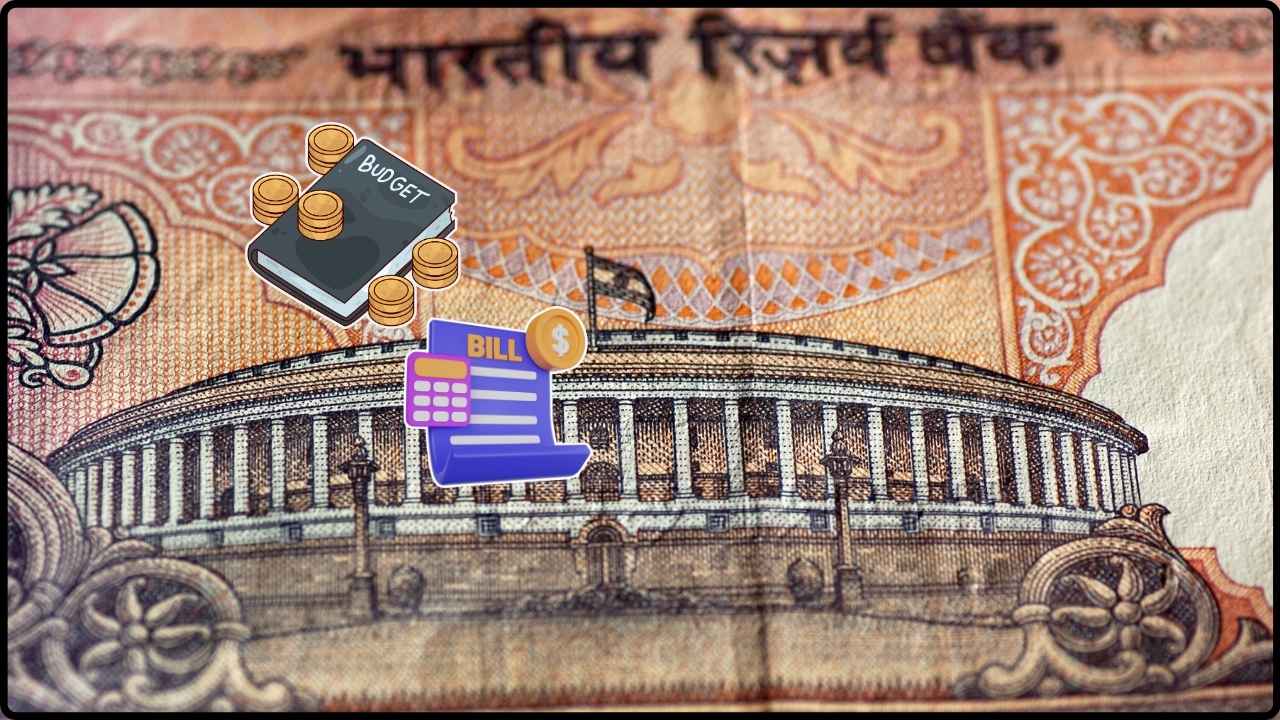
Supreme Court Set to Decide on 28% GST for Online Gaming: The Indian online gaming industry is at a critical crossroads. The Supreme Court of India is preparing to deliver a decision that could reshape the entire sector. The issue at hand is the proposed 28% Goods and Services Tax (GST) on online gaming platforms, a move that could have major implications for players, developers, and the broader industry. As this pivotal decision looms, we dive into the details of what’s at stake, and how this verdict could fundamentally change the future of online gaming in India. Online gaming in India has experienced explosive growth in recent years, with millions of players engaging in games ranging from fantasy sports to real-money card games like rummy and poker. But as the sector has evolved, so too has the need for regulation. The introduction of a 28% GST on online gaming is being seen as a turning point, with the potential to impact the gaming experience for players and the business model for developers.
Supreme Court Set to Decide on 28% GST for Online Gaming
The Supreme Court’s upcoming decision on the 28% GST for online gaming is a make-or-break moment for the industry. The ruling will have far-reaching consequences for both gaming companies and players. If the tax is imposed on the entire stake amount, it could significantly disrupt the market and force companies to raise fees or reduce the quality of services. On the other hand, a more balanced approach could help ensure the continued growth of the sector, fostering innovation and keeping the playing field level. As the industry awaits the final verdict, one thing is clear: the outcome of this case will define the future of online gaming in India for years to come. Whether you’re a player, a developer, or a policymaker, it’s crucial to stay informed and prepare for the changes ahead.
| Key Data/Fact | Explanation | Source |
|---|---|---|
| GST Tax Rate | A 28% Goods and Services Tax (GST) could be imposed on online gaming platforms. | The Economic Times |
| Industry Concerns | Online gaming companies argue that the tax should be applied only to platform commissions, not the full stake. | Money Control |
| Games Affected | Games of skill like fantasy sports and rummy could face the tax as gambling. | Lexology |
| Retrospective Taxation | Debate over whether the 28% GST should apply retroactively for past tax liabilities. | New Indian Express |
| Estimated Revenue Impact | The online gaming industry faces tax liabilities exceeding ₹1.3 lakh crore ($1.7 billion) for past years. | Financial Express |
Background: What’s at Stake?
In August 2023, the GST Council amended the Central Goods and Services Tax (CGST) Act, reclassifying online gaming as a form of gambling. This shift is crucial because it subjects online gaming platforms to a 28% GST on the full value of bets or stakes, which differs from the earlier practice of taxing only the platform’s commission at 18%. This change has sparked intense debate in the industry, as it raises questions about fairness, taxation, and the potential for unintended consequences.
The move to apply a 28% GST has drawn heavy criticism from the online gaming industry, which claims that it will stifle growth and innovation in a sector that already faces significant regulatory challenges. The industry argues that taxing the entire stake amount is unfair and could lead to unintended consequences for both players and operators. Let’s break down the key concerns:
The Online Gaming Industry’s Concerns
1. Taxing the Entire Stake
Under the proposed changes, platforms could be required to pay a 28% GST on the entire value of the stakes placed by players. For example, in a fantasy sports game, if a player stakes ₹100, the platform would have to pay ₹28 in tax, even though they only earn a commission of ₹10-15. This higher tax burden would reduce the profitability of gaming platforms, making it more difficult for smaller operators to stay in business.
2. Retrospective Taxation
A key concern is whether the GST should be applied retroactively—to the period before the law was amended in 2023. Many gaming companies face show-cause notices demanding taxes for previous years, which could amount to over ₹1.3 lakh crore ($1.7 billion). The retrospective tax demands are seen by many as excessive and a violation of legal principles of fairness, as companies were not aware of the potential liability when they operated in previous years.
3. Impact on Smaller Operators
For smaller gaming platforms, the imposition of a 28% GST could have a devastating impact. Many of these platforms operate with narrow profit margins and rely on innovation and competitive pricing to stay afloat. A sharp increase in taxes could force some of these companies to shut down, which would reduce competition and harm the diversity of the online gaming market in India.
The Government’s Stance
The government, on the other hand, argues that the 28% GST should apply uniformly to all forms of online gaming, regardless of whether the game is based on skill or chance. According to the government, the move is consistent with the tax treatment of gambling, which also attracts a 28% GST. In support of this, the government cites legal precedents that classify any game where monetary stakes are involved as gambling, regardless of whether the outcome is determined by skill or chance.
The retrospective application of the tax is defended by the government as a clarification of existing tax liabilities rather than the introduction of a new tax. The government contends that this change ensures that gaming companies cannot avoid paying taxes for past activities.

The Impact of the Supreme Court Set to Decide on 28% GST for Online Gaming on Stakeholders
1. Gaming Companies
For gaming companies, the implementation of a 28% GST on the entire stake amount would lead to increased operational costs. The extra tax burden could be passed on to players, but there is a risk that this would drive users away, potentially leading to a loss of market share. Furthermore, smaller operators might be forced to shut down or consolidate, reducing competition in the market.
2. Players
Players could face higher fees or changes in the way games are structured. If platforms are forced to absorb the tax, they might have to reduce the number of promotions or raise the cost to play. This could have a chilling effect on the casual gamer, who may decide that online gaming is no longer worth the expense.
3. The Government
The government stands to gain significant tax revenue from the online gaming sector, but there are concerns that imposing such high taxes could drive players to unregulated platforms, undermining the government’s regulatory framework. It could also lead to an increase in illegal gaming activities, which would defeat the purpose of creating a regulated environment for online gaming.

Practical Advice for Online Gaming Companies
If you are an online gaming company or a player who is concerned about the upcoming ruling, here are a few things to keep in mind:
- Plan for Higher Costs: If the 28% GST is applied, you may need to adjust your pricing model. Consider whether it’s feasible to absorb the costs or if you’ll need to raise entry fees or alter the payout structure.
- Diversify Revenue Streams: As the landscape of online gaming evolves, it’s crucial to diversify your revenue streams. Look into alternative business models such as subscriptions, advertising, or premium membership plans.
- Stay Informed on Legal Developments: Keep a close eye on the legal developments surrounding this case. Depending on the outcome, it could change the way your business operates, so staying informed and ready to adapt will be key to staying competitive.
7,000 Vendors Without Registration Now Targeted in Karnataka—Here’s How to Avoid Penalties
Say Goodbye to In-Person GST Hearings: ‘Faceless Adjudication’ System to Be Tested from Friday
Massive ₹62 Crore GST Evasion Scam Uncovered in Ludhiana—Two Arrested in Major Tax Fraud Bust!










